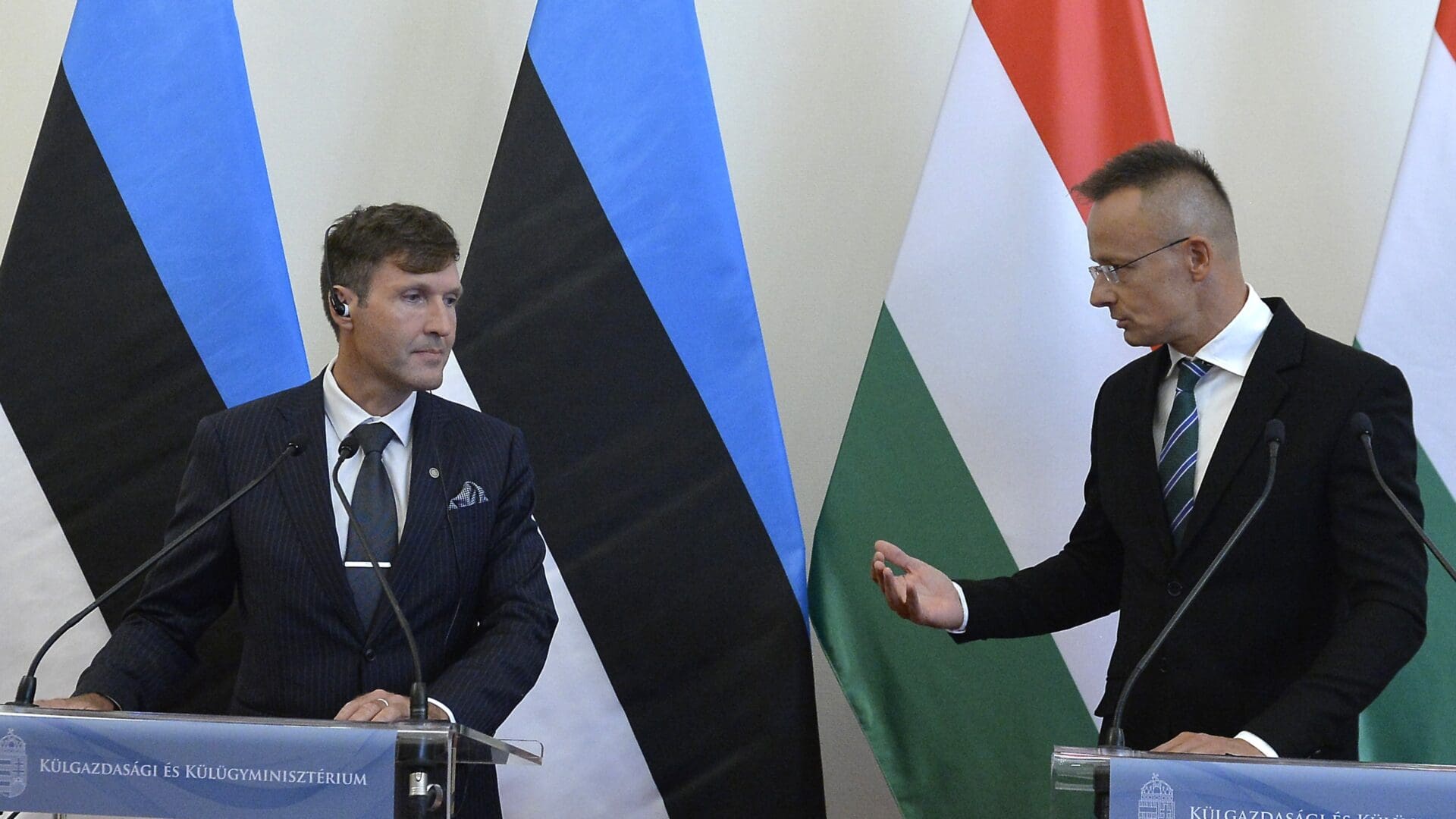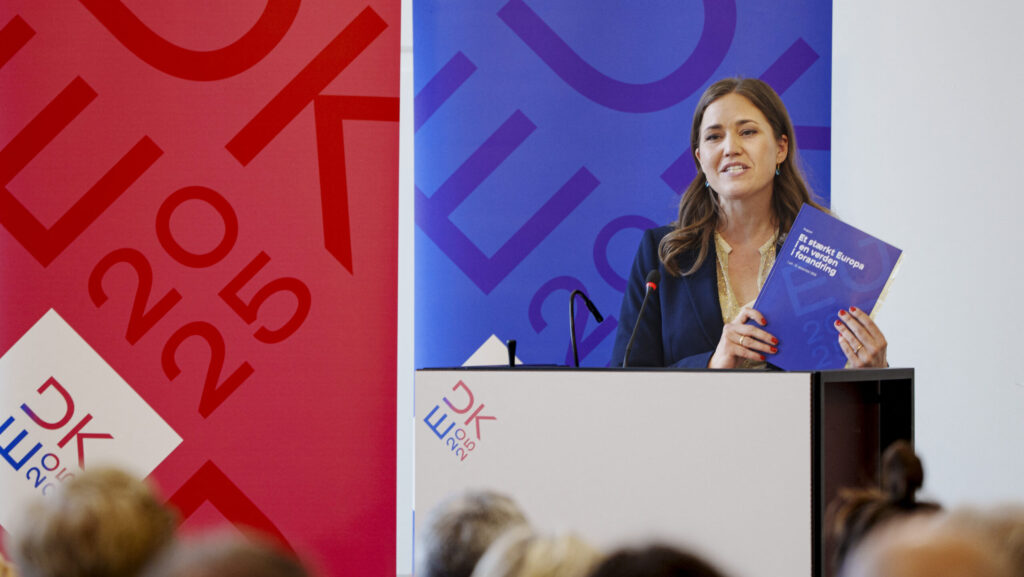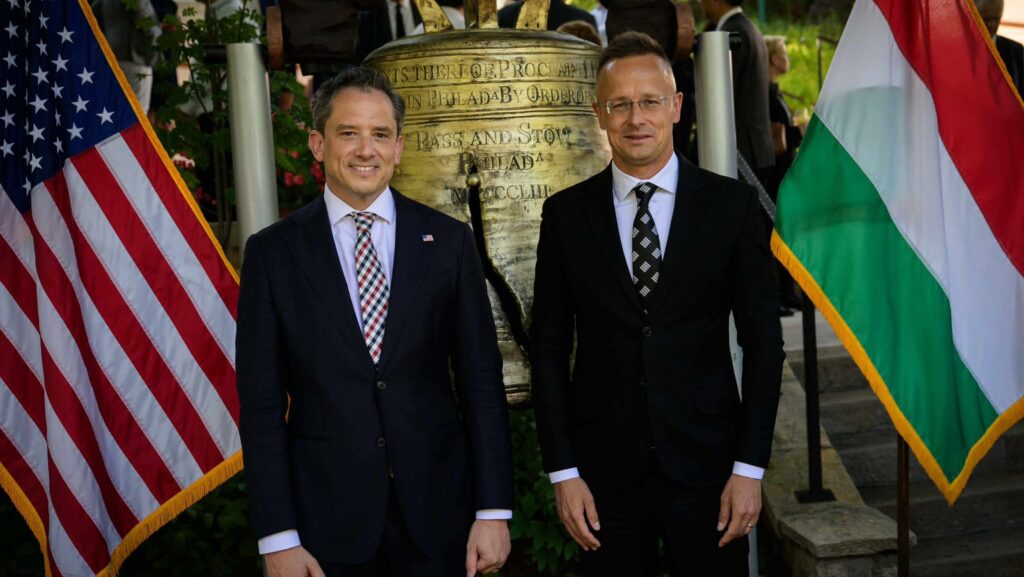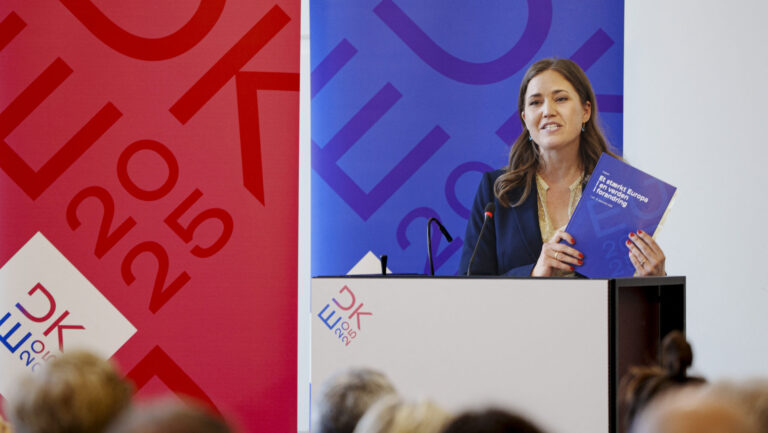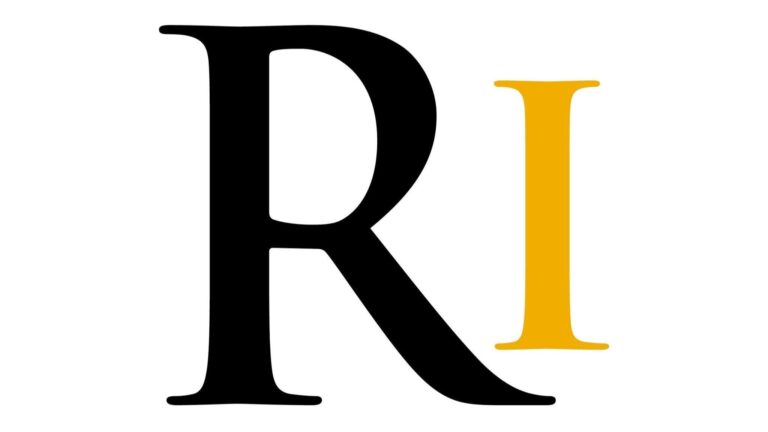It would represent hope for Europe to become a safe and developing continent again if, as a result of the 2024 elections, a new right-wing majority could be established in the European Parliament, stated Minister of Foreign Affairs and Trade Péter Szijjártó in Budapest on Friday.
The minister was speaking after receiving Martin Helme, the President of the Estonian Conservative People’s Party, in his office. During a joint press briefing, he reported that the European Union is in serious trouble, facing the most severe economic and security challenges ever.
Moreover, as he put it, these challenges are further exacerbated by the fact that
Brussels consistently provides bad responses to the difficulties.
‘The liberal mainstream, which is trying to dominate everything in Europe, aims to create a kind of United States of Europe by weakening the EU member states to the extreme…They have launched a brutal attack on the institution of the family, and with migration, they bring unprecedented danger to the European Union,’ he said. ‘Forced federalization, attacks on families, and the imposition of migration all severely weaken the European Union, create parallel societies, and practically destroy our competitiveness,’ he warned.
Szijjártó emphasized that Hungary wants a strong EU, but this is only possible if member states are strong enough. However, for this to happen, nations need to stick to their traditions, their history, and have the freedom to live their religion. ‘If they hollow out and weaken the member states, then only a weak European integration can emerge. Moreover, the crises of the past few years have shown that Brussels institutions have been incapable of managing difficult situations. What really worked were national solutions and solutions based on intergovernmental cooperation between countries,’ he opined. He then explained that the community can only be strong if it supports the strengthening of member states, does not undermine the competitiveness of national economies, respects families,
and doesn’t seek to override the laws of nature.
‘And we need to act quickly because the European Union is weakening rapidly, and Brussels is rapidly expanding its power. We must stop federalization, stop gender propaganda, and stop the influx of migrants,’ he summarized.
The minister stated that cooperation among right-wing, patriotic, nationally-minded, conservative, and Christian Democratic parties is needed for this purpose. These parties must perform well in the next European Parliamentary elections. ‘This is why we root for the Estonian Conservative People’s Party, which achieved second place in Estonia in the last elections,’ he said, expressing his gratitude for the party’s consistent support for Hungary’s sovereignty. ‘We genuinely hope that after next year’s European parliamentary elections, we will be able to establish a new right-wing majority in the European Parliament because this represents hope for Europe to become a safe and developing continent,’ he added.
He also referred to reports that suggest the government has essentially outsourced the expansion of the Paks nuclear power plant as nonsense. ‘The construction of the two new nuclear blocks is entrusted to Paks II Ltd, which is entirely state-owned, and I am the owner’s representative,’ he pointed out, adding that only a few administrative simplifications have been made to the implementation contract.
Related articles:

